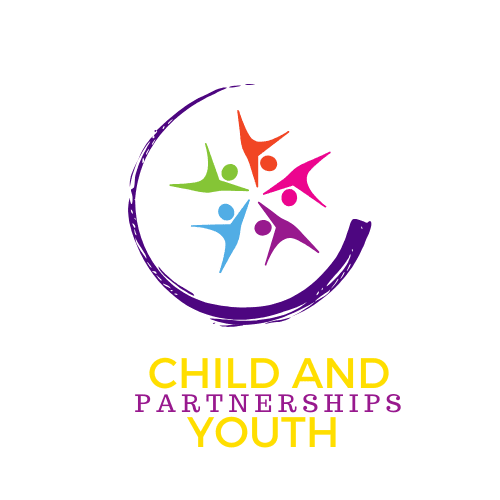
Arts & Crafts Classes

Arts & Crafts for Healing and Expression
Creative expression through arts and crafts offers children and youth a safe, empowering outlet to process complex emotions—especially those impacted by domestic abuse or trauma. Through drawing, painting, sculpting, and hands-on projects, young people can explore their inner world without needing words.
Art-based activities support:
- Emotional regulation and stress relief
- Increased self-awareness and self-esteem
- Safe processing of difficult experiences
- Creativity, confidence, and joy in the healing journey
Our arts and crafts sessions are trauma-informed and choice-led, allowing each child to engage at their own pace. Whether creating something just for fun or expressing something deeper, art gives young people a way to release, reflect, and reconnect with their voice.
Areas Covered
UK
Contact Us
Office location
128 City Road, LONDON, EC1V 2NXSend a Message
Please leave a message, and a member of our staff will contact you.
